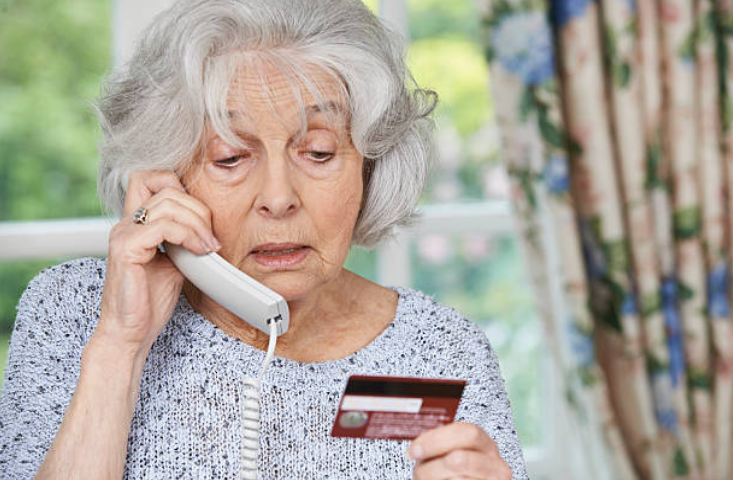Sadly, seniors are often the target of scams. They can be vulnerable and are seen as easy prey by many would-be scammers. Why? They often have substantial savings. They may be lonely and willing to talk to strangers. They tend to follow rules and may trust strangers with personal information like their social security numbers. They may not understand the Internet and may fall prey to buying products or services that are too good to be true.
Some of the most common ways scammers target seniors:
Door-to-door sales
Telemarketing/Phone fraud
Mail fraud
Home improvement schemes
Medicare/Health insurance fraud
Funeral & cemetery scams
Homeowner/reverse mortgage scams
You may not be able to protect your loved one from every type of scam, especially if they resist your efforts to help, but you can take some steps to prevent problems:
Monitor the mail.
Sometimes mail delivery can be the highlight of the day and many seniors are susceptible to getting hooked into scams this way. They often have the time to read the mail and may buy into fraudulent sweepstake promotions or promises of high returns on an investment. If possible, keep an eye on the mail or have someone else in the house monitor it. Look for unsolicited mail, especially those offering money or prizes, or those that appeal for donations. Offer to help balance the checkbook and check over the credit card statement so you can look for suspicious withdrawals or unauthorized charges.
Don’t talk to strangers.
Impress upon your loved one that they should never open the door to a stranger and that they are under no obligation to talk to anyone on the phone—even if it feels rude to hang up on someone. Of course, this is especially true if someone is asking for money or any personal information like a social security number. This can be tricky to keep tabs on, especially if your parent is alone, but if you notice that there is a particular problem, you can check the phone bill to see who is calling and then block unwanted calls. Putting your parent’s number on the National Do Not Call List will also help block some of the calls.
Look into protection.
Do some research to determine if identity protection companies like LifeLock or IDShield can help you protect your loved one from identity theft and other financial scams. These services can identify issues, alert you when there is a problem and respond to financial abuse to protect assets.
Resources
National Fraud Information Center
Home Care Angels provides assistance with daily activities, such as dressing, eating and personal care, from home service aides. Please call 847.824.5221 to speak with one of our Client Care Coordinators if you would like more information on in-home care.

